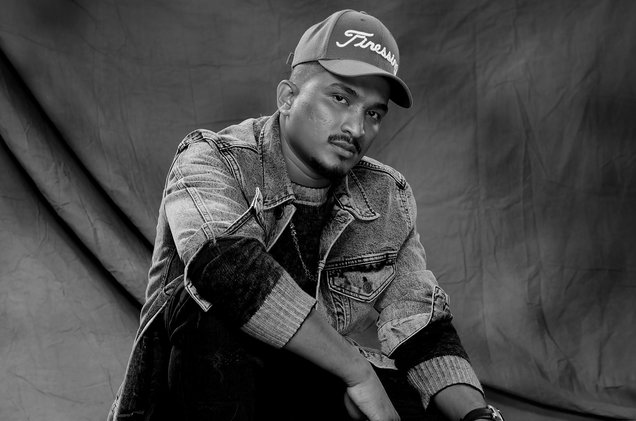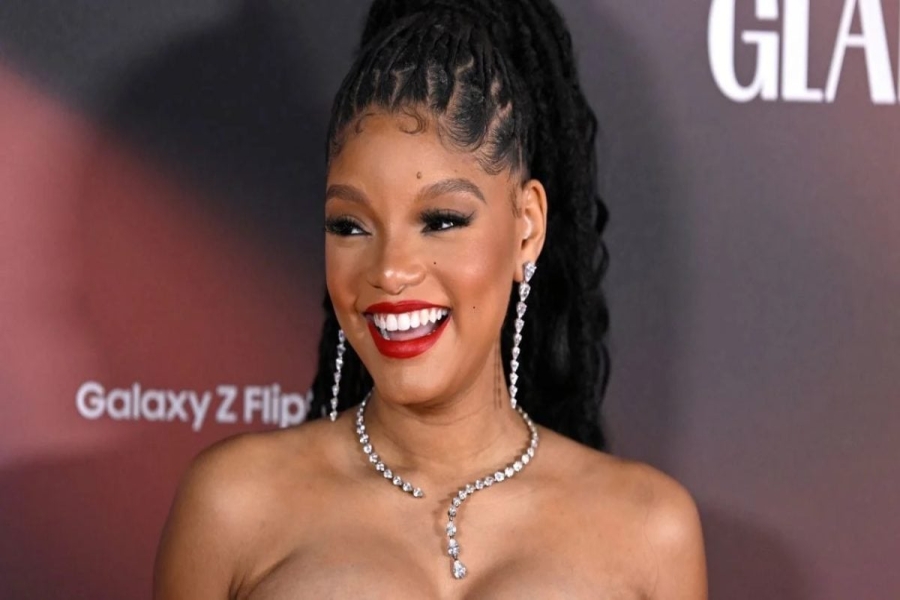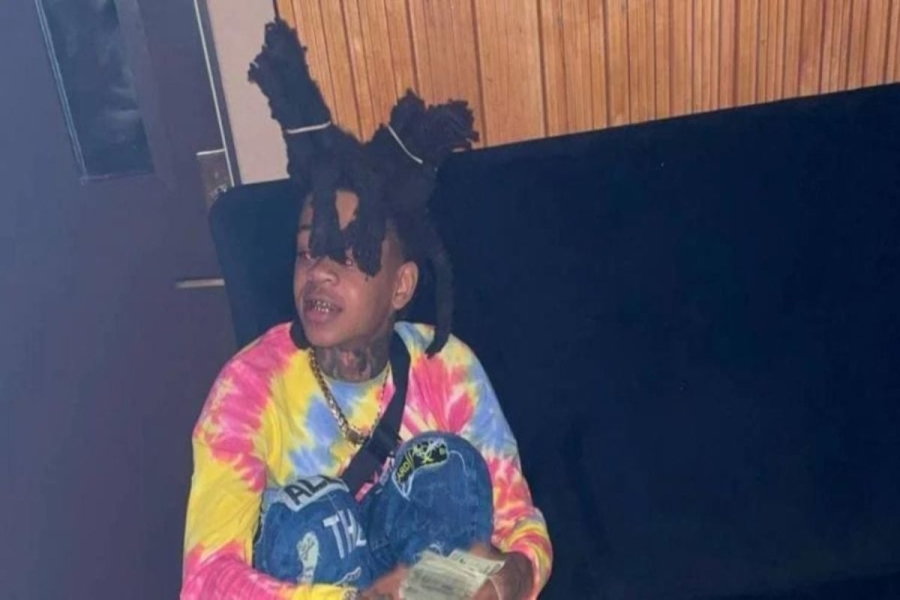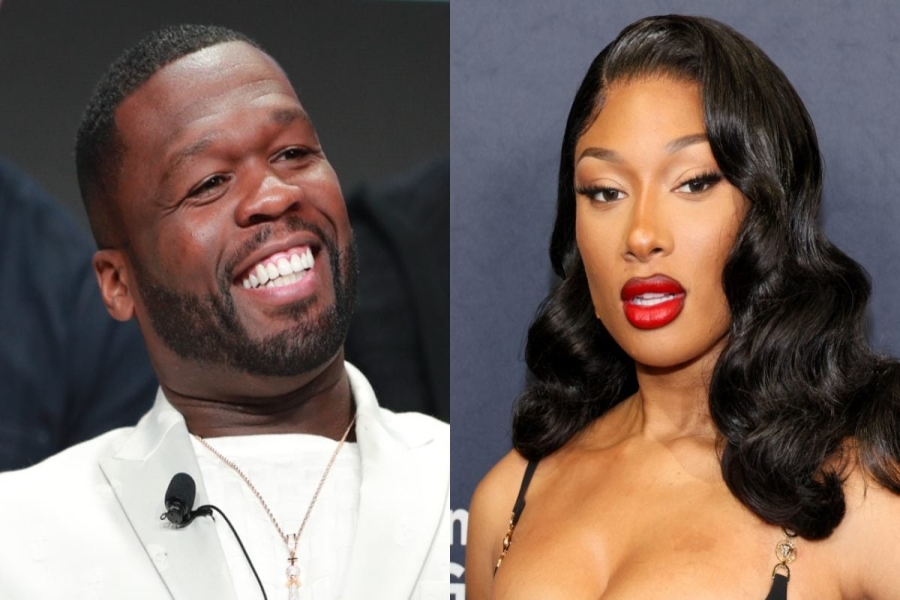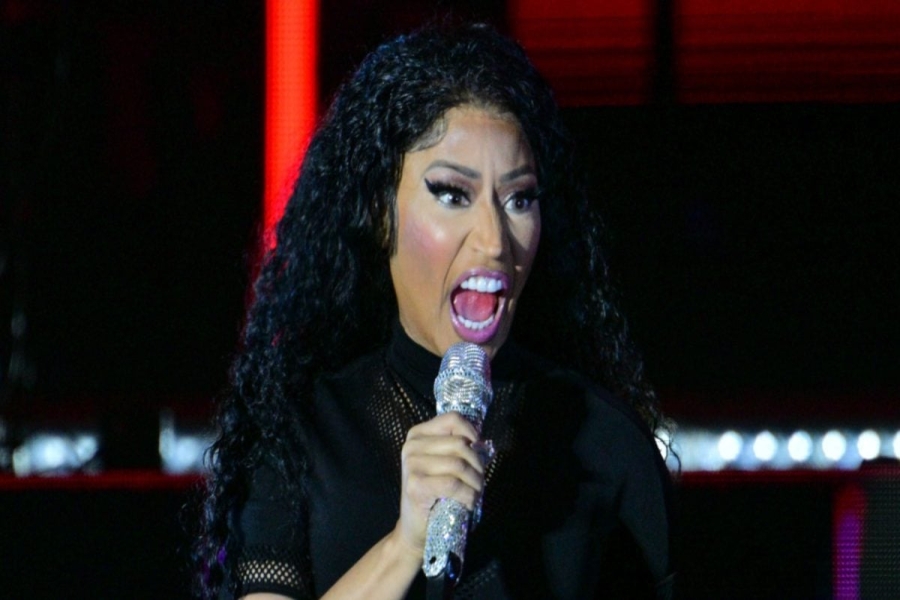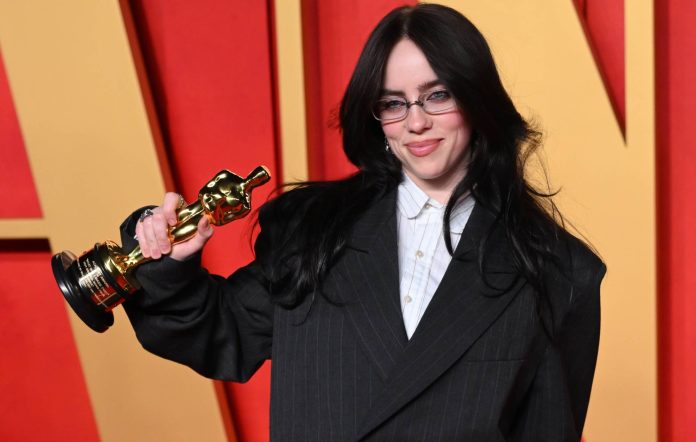“The way I write, the way I rhyme is mostly because of him and because of New York. When the home is calling you, you can’t say no.”
In an interview with Billboard, the 28-year-old Hindi rapper, born Vivian Fernandes, credited the American rap star and entrepreneur with enticing him to sign on as the first artist under Mass Appeal India.
Universal Music Group announced last month that it was forming a “multi-channel partnership” with Mass Appeal, the New York-based content company co-owned by Nas. Mass Appeal India’s maiden release will be DIVINE’s long-awaited debut album Kohinoor, the title track of which is out today.
The news was widely celebrated by Indian music fans but also raised the question of why DIVINE decided to return to a major. Mass Appeal India operates out of Universal’s office in Mumbai and DIVINE’s addition to the roster marks a full circle for the rapper, who previously was with Sony Music India, and then with Mumbai-headquartered entertainment conglomerate Only Much Louder, before he launched his own venture, Gully Gang Entertainment.
DIVINE declined to disclose whether he retains the rights to his songs, a clause that caused him to get out of his contract with Sony in late 2017. “All I can say is that I’ve not given away any of my publishing,” he says.
After spending about half-a-decade as one of the forerunners of Mumbai’s underground hip-hop community, DIVINE broke out through the Indian independent music scene in 2015 after Sony released “Mere Gully Mein (In My Alley),” his duet with fellow MC Naezy. The song, which celebrated their respective neighborhoods of Andheri East and Kurla, was ground-breaking for the genre for its relatable subject matter, smart wordplay, and sheer infectiousness.
Its success was followed by a series of hit singles that cemented DIVINE’s position as the pioneer of what came to be christened ‘gully rap,’ a version of hip-hop that was grittier and more authentic than its more commercial counterpart heard in Bollywood and Punjabi music. Gully rappers rhyme about life in the streets or ‘gully’ as opposed to the club, and about rampant corruption rather than race cars.
The movement inspired Hindi film director Zoya Akthar to make a film loosely based on the lives of DIVINE and Naezy, which was released in February. Gully Boy and its 18-song soundtrack weren’t just box-office and streaming smashes, they also introduced the average Indian to hip-hop.
Equally importantly, they introduced Nas to DIVINE, and consequently to India’s flourishing hip-hop scene, after audio-streaming service JioSaavn put together a collaboration with the rappers for its in-house label Artist Originals. The track “NY Se Mumbai,” which also featured Naezy, played during the end credits of the movie, in which an important plot point is based around Nas.
Mass Appeal India’s mandate, says Devraj Sanyal, UMG India’s managing director and CEO, is to widen the door opened by Gully Boy and make hip-hop “mainstream in India,” while simultaneously targeting international markets. That effort is starting with Kohinoor, which is slated to be out in the first week of October. “For the first time, an Indian hip-hop album will be worked in the US, Canada and the UK, [the last of] which we’re specifically going to target because there’s a lot of Diaspora there.”
Neither Sanyal nor Peter Bittenbender, Mass Appeal’s CEO, believes the fact that DIVINE rhymes in Hindi, a language that isn’t as widely spoken as English or Spanish in those territories, will be an obstacle. While Sanyal is of the opinion that hip-hop is more “about the vibe,” Bittenbender feels that the Indian diaspora alone is enough to prime DIVINE’s global success.
“The youth of India is just growing and they’re moving and spreading their culture all around the world,” he says. “If you look at DIVINE’s streaming data, [you’ll see] Canada, London, Germany, places you would never expect people to be listening to a Hindi rapper.” Over the next four months, DIVINE is scheduled to tour the UAE, Singapore and Australia. A trek in North America is planned for next year.
The first point of Mass Appeal India’s business, however, is to tap the full potential of the local market. “It’s just amazing to see how big hip-hop has gotten in such a short amount of time,” says Bittenbender. “To us it was just exciting to go to a place where we can be kind of the first.”
Indo-American Collaborations Spreading
While Mass Appeal India is arguably the most high-profile Indo-American hip-hop collaboration to date, it isn’t the only one.
In June, Sony entered into a partnership with US-based company Desi Hip Hop Inc. to release South Asian hip-hop acts from across the world. It’s one of two rap imprints distributed by the major in India. The other is Big Bang Music, a joint venture with Indian entertainment management company Kwan whose most prominent signee is Naezy.
Other Indian hip-hop-focused labels to have emerged over the last two years include IncInk, co-founded by Gully Boy’s lead actor, Ranveer Singh; Kalamkaar, spearheaded by veteran Hindi rapper Raftaar; Azadi Records, home to critically acclaimed Punjabi rapper Prabh Deep; and DIVINE’s own Gully Gang Entertainment.
Notably, one of the country’s most popular Hindi rappers, Emiway, is not signed to a label and has built a following by consistently releasing videos on his YouTube channel, which boasts over seven million subscribers.
The search for stars is heating up. MTV India is currently airing hip-hop talent hunt Hustle, while earlier this year Red Bull changed its annual band competition Spotlight into a rap battle. DIVINE has a long-running association with the beverage brand, which chronicled his rags-to-riches story in the biographical documentary Gully Life that was released in July. In November, the energy drink maker will stage the world final of breakdancing contest BC One in Mumbai.
Sanyal says that UMG is in talks with “two anchor brands” that will be part of Mass Appeal India, and that the plan is to sign “between four and six artists” over the next 12 months.
“One big piece I have in my favor is that I’m sitting in Asia’s largest hip-hop school,” he says, referring to The Afterschool of Hip-Hop, part of The Dharavi Dream Project, the joint initiative by UMG and Qyuki, a Mumbai-based new media company. The project is located in the low-income Mumbai neighborhood of Dharavi. “That talent base is ridiculous. We’re now at 100-plus students.”
Gully Gang Entertainment will be run independently by DIVINE and Chaitanya Kataria, the enterprise’s business chief. Bittenbender says though nothing’s “been finalized,” the aim is eventually to absorb its artists into Mass Appeal India. “DIVINE has his crew,” says Bittenbender. “A lot of those guys, we’re talking about their projects right now.”
Mass Appeal India will be much more than a label, he says, and should eventually be “replicating what Mass Appeal has built in America.” Ideas include launching an e-commerce platform for street wear and sneakers, content projects like movies and documentaries, and an agency that will “work with brands on how they sell their stories to the Indian youth using hip-hop.”
As for what all this means for DIVINE’s status as a staunchly independent artist, the rapper says his “deal was necessary for the scene.” His one-album engagement with Mass Appeal India was the kind “I’ve always wished for,” he says. “Now there’ll be more players coming from the outside and wanting to invest in it.”

